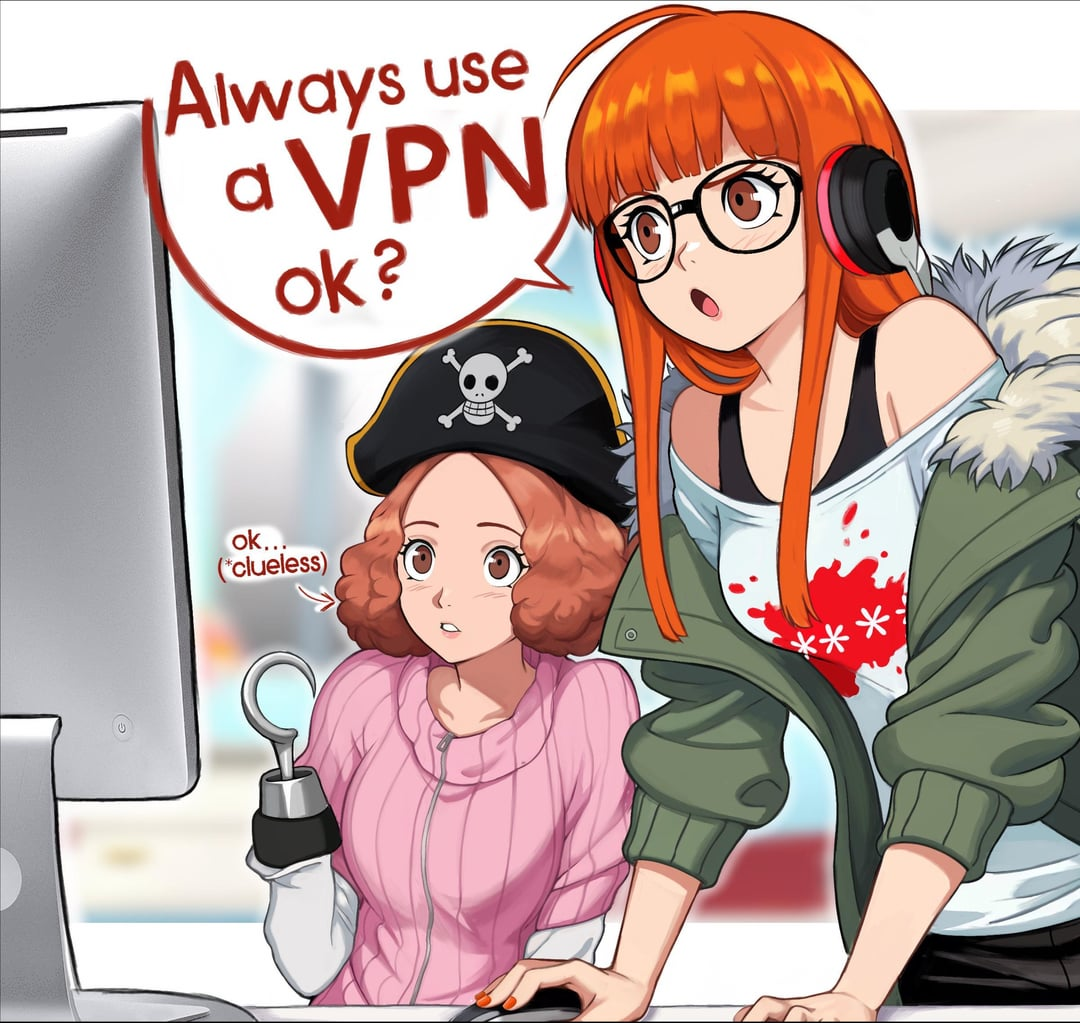this post was submitted on 13 Sep 2024
547 points (95.5% liked)
Piracy: ꜱᴀɪʟ ᴛʜᴇ ʜɪɢʜ ꜱᴇᴀꜱ
54788 readers
732 users here now
⚓ Dedicated to the discussion of digital piracy, including ethical problems and legal advancements.
Rules • Full Version
1. Posts must be related to the discussion of digital piracy
2. Don't request invites, trade, sell, or self-promote
3. Don't request or link to specific pirated titles, including DMs
4. Don't submit low-quality posts, be entitled, or harass others
Loot, Pillage, & Plunder
📜 c/Piracy Wiki (Community Edition):
💰 Please help cover server costs.
 |
 |
|---|---|
| Ko-fi | Liberapay |
founded 1 year ago
MODERATORS
you are viewing a single comment's thread
view the rest of the comments
view the rest of the comments


That is supposedly the case in Australia as well but I haven't got a letter from telstra since around 2004 and I have never used a VPN and watch all my shows and movies via torrents so either I'm extremely lucky or they stopped bothering.
Though recently I started paying the $4 / month for Real Debrid for better streaming performance, which is just as good as a VPN for torrent anonymity. I used to be fundamentally against the idea of paying anything to pirate but honestly this is worth it, I've even been able to watch a few shows that had 0 seeders because they were previously cached.
Scroll down and there's a section about Australia on here: https://en.wikipedia.org/wiki/Dallas_Buyers_Club
Basically, they fucked it up so bad in Aus no one's ever tried again.
That says their error was trying American threats "we got you dead to rights, tell us your income and we'll tell you how much to pay our we'll sue for punitive damages"
Which isn't legal in Australia. They would have been ok if they had asked to send a letter saying "stop it or pay us a reasonable amount for one person viewing the film once" but of course actual damages aren't enough for film companies
They were too greedy.
Yeah basically. But part of why no one has tried again is because the judge made it very clear he wasn't going to just roll over and let them pull their BS. Including setting a bond of $600k for them to even try litigating it. Another part of it is that ISPs used to hand out IP addresses and PII in response to requests from media companies. This was found to be in breach of privacy laws and now those companies would have to apply for court orders, proving malfeasance, to get that information.